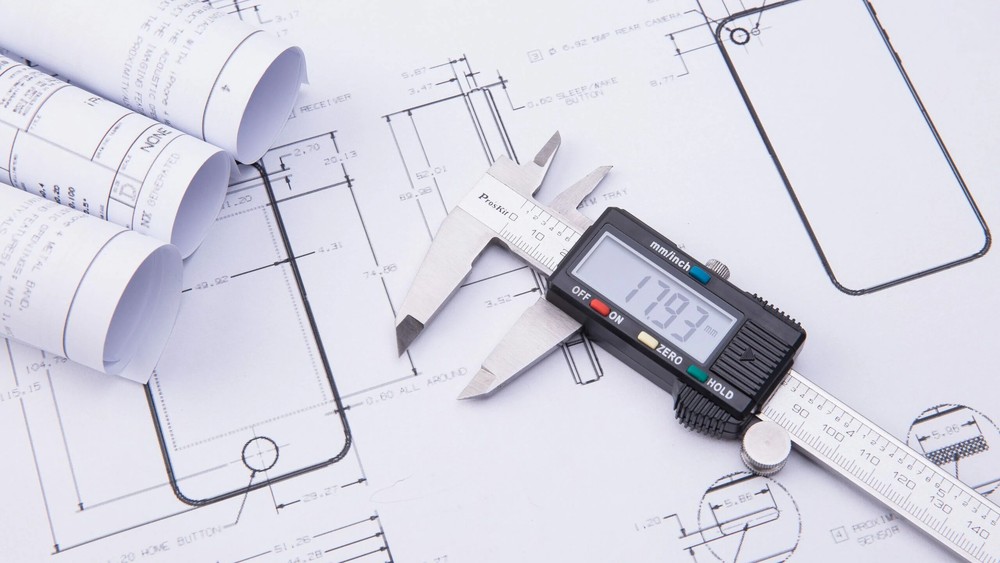Precision measuring tools are essential in commercial manufacture, as they ensure that products are made to exact specifications and tolerances. In order to maintain the accuracy of these tools, regular calibration is necessary. This article will explore the importance of calibration in commercial manufacture, and how precision measuring tools are used to achieve it.
Calibration: What it is and Why it’s Important
Calibration is the process of adjusting a measuring tool or instrument. This ensures that the tool is providing accurate measurements, and is able to detect any deviations from the standard. The goal of calibration is to minimize measurement uncertainty, and to ensure that the tool is operating within its specified tolerance range.
In commercial manufacture, precision measuring tools are used to ensure that products are made to exact specifications. These tools are used to measure everything from the dimensions of a product to its surface finish. The accuracy of these tools is critical to the quality of the final product, and regular calibration is necessary to maintain that accuracy.
When a measuring tool is not calibrated, there is a risk of producing products that do not meet specifications. This can lead to customer complaints, product returns, and even liability issues. In addition, uncalibrated tools can also lead to wasted time and materials as the products may need to be remade.
Precision Measuring Tools in Commercial Manufacture
Precision measuring tools are used in commercial manufacture to ensure that products are made to exact specifications. These tools can include micrometers, dial indicators, and laser measuring tools. Micrometers are used to measure the thickness or diameter of a product, while dial indicators are used to measure the surface finish of a product. Laser measuring tools are used to measure the dimensions of a product, and can be used for both large and small items.
Precision measuring tools can be used at various stages of the manufacturing process. For example, they can be used to check the dimensions of raw materials before they are processed, to ensure that they meet the specifications for the final product. They can also be used to check the dimensions of the finished product, to ensure that it meets the specified tolerances.
Calibrating Precision Measuring Tools
Calibrating precision measuring tools is important to ensure that they are providing accurate measurements. The process of calibrating a tool can vary depending on the type of tool and the standard it is being calibrated to.
Calibration can be done in-house, or it can be outsourced to a calibration service provider. In-house calibration can be done using a calibration kit, which usually includes a set of standard gauge blocks or other standards. Outsourcing calibration can provide more accurate results, as the service provider has specialized equipment and expertise.
It is important to note that calibration does not only need to be done once, but it is a continuous process, it may need to be done periodically. The frequency of calibration will depend on the type of tool and how often it is used. It is recommended to establish a calibration schedule and to stick to it.












